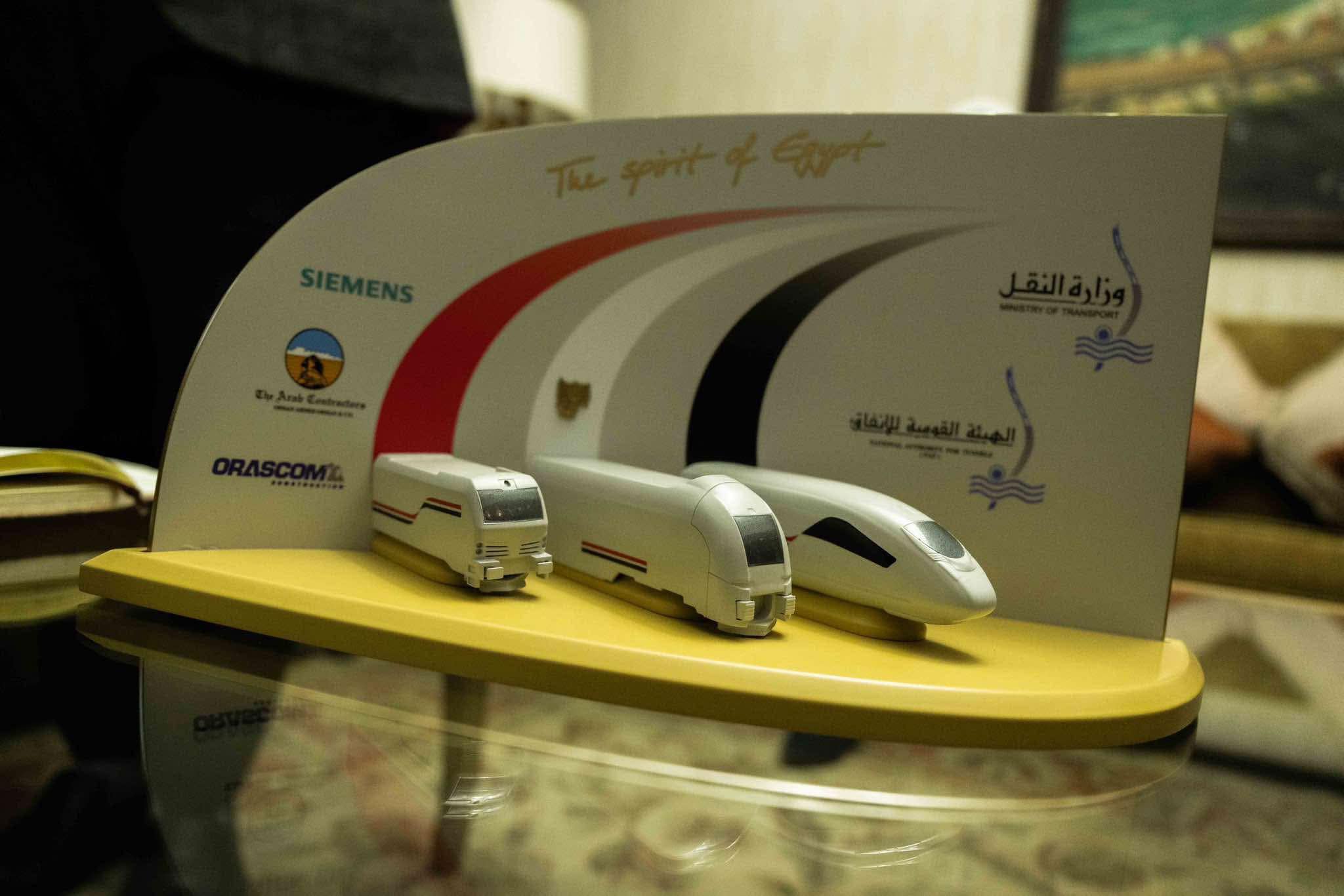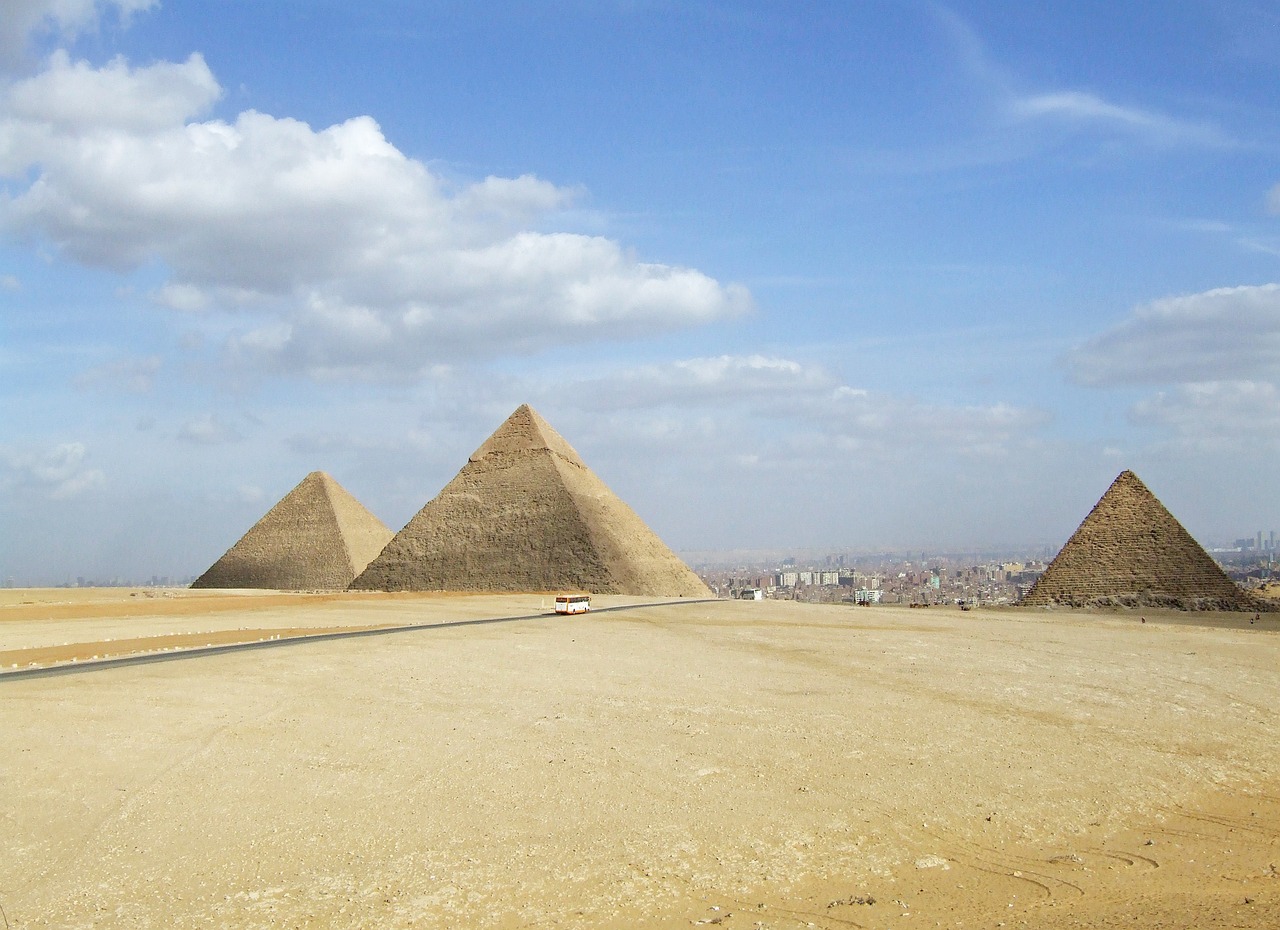
If the project is successful, it will open the doors for the Hungarian rail vehicle industry in Egypt and in Africa.Continue reading

The Hungarian telecommunications company 4iG is building a 2,800-kilometer optical fibre cable to connect Europe and Egypt under the sea, thus providing high-speed internet access, Minister of Foreign Affairs and Trade Péter Szijjártó announced in Cairo on Thursday.
In his speech at the opening of the Hungarian-Egyptian Business Forum, the Minister welcomed the agreement reached between Europe and Egypt which will provide internet access to six million more households in the country by improving infrastructure.
He also recalled that
Egypt is one of Hungary’s most important economic partners in Africa, citing as an example of success the fact that the North African country has placed its largest ever international order for railway rolling stock worth €1.1 billion.
“These companies and technologies have played and continue to play an essential role in modernizing transport infrastructure and digital infrastructure. Two success stories. One is already underway, the other will start in the future,” he emphasized.
Péter Szijjártó, who was accompanied by twenty-one Hungarian business leaders from the fields of agriculture, food, construction, IT and water management, also said that negotiations had already started on a project to produce secure identity documents and on a Hungarian contribution to the development of the local food and water sector.
He underlined the importance of the comprehensive cooperation that has been launched between energy companies from the two countries, following the significant increase in electricity demand in rapidly developing economies such as Hungary and Egypt. He also announced that Hungary has decided to build three new gas-fired power plants to meet the growing demand for electricity from the automotive sector, one of which, thenew Combined Cycle Gas Turbine unit of the Mátra power plant, will be built by a Hungarian-Egyptian consortium for €700 million. Finally, the Minister pointed out that
an agreement is also being reached to use highly advanced Hungarian technologies in the construction of the El-Dabaa nuclear power plant in Egypt.
He also stressed the importance of people-to-people contacts, noting that more than seven hundred Egyptian students are currently studying in Hungarian universities. He added that the two governments were working on improving connections, because although there are already ten flights a week between Hungary and Egypt, it would be important to increase their frequency.
Via MTI, Featured photo via Pixabay